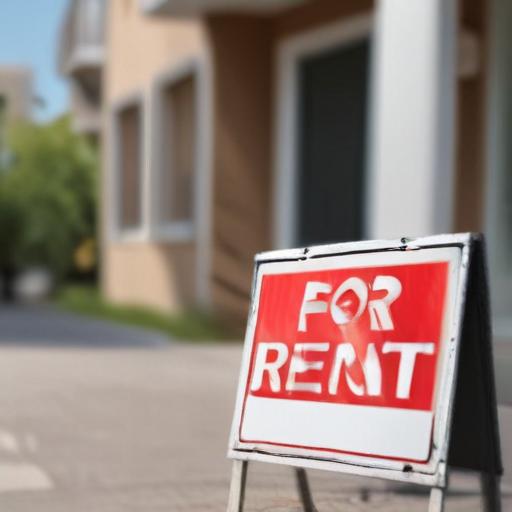A fair housing organization has accused numerous landlords and real estate agents across New York State of improperly rejecting tenants who hold federal housing vouchers, with 13 complaints specifically targeting Buffalo. The Housing Rights Initiative filed 52 complaints against a total of 103 real estate professionals and property owners, alleging discriminatory practices against Section 8 voucher holders.
The investigation was spurred by ongoing reports from tenants who claimed they faced discrimination when trying to secure housing with vouchers. Testers acting as potential renters contacted various landlords and brokers, yielding a collection of evidence, including text conversations and audio recordings where numerous landlords denied acceptance of Section 8 vouchers, often without valid justification.
Under New York law, it is illegal for landlords to discriminate against tenants based on lawful income sources, which includes Section 8. This legislation is further reinforced by Buffalo’s Fair Housing Law.
Aaron Carr, the founder and executive director of Housing Rights Initiative, pointed out that the complaints are just the “tip of the iceberg,” reflecting a broader issue within the housing market in New York. The initiative also filed similar complaints in other cities such as Rochester, Syracuse, and Albany, with Buffalo having the second-highest number of defendants.
Despite the allegations, some landlords and agents have expressed confusion regarding the legality of their actions. They have cited administrative hurdles and concerns about potential risks associated with Section 8 tenants as reasons for their hesitance to accept vouchers. However, advocates stress that these concerns do not excuse discrimination.
The article highlights a notable example: Thomas Michael Neu, a property owner, stated that while he is not currently equipped to accept Section 8 tenants, he has intentions to comply in the future. Other landlords reflected similar sentiments, expressing concerns about the challenges of managing Section 8 properties and calling for better support from governmental bodies.
Carr emphasized the need for enforcement of existing fair housing laws, suggesting that local governments must do more to uphold protections for vulnerable tenants. This ongoing dialogue points to a crucial intersection between housing policy and social equity. Advocating for compliance with fair housing laws not only benefits tenants but also encourages a more inclusive and fair rental market, ultimately contributing to the reduction of homelessness in the community.
By fostering a greater understanding of Section 8 and ensuring that all stakeholders are educated on the legal obligations regarding fair housing, there is hope for a more equitable housing landscape in Buffalo and beyond.
